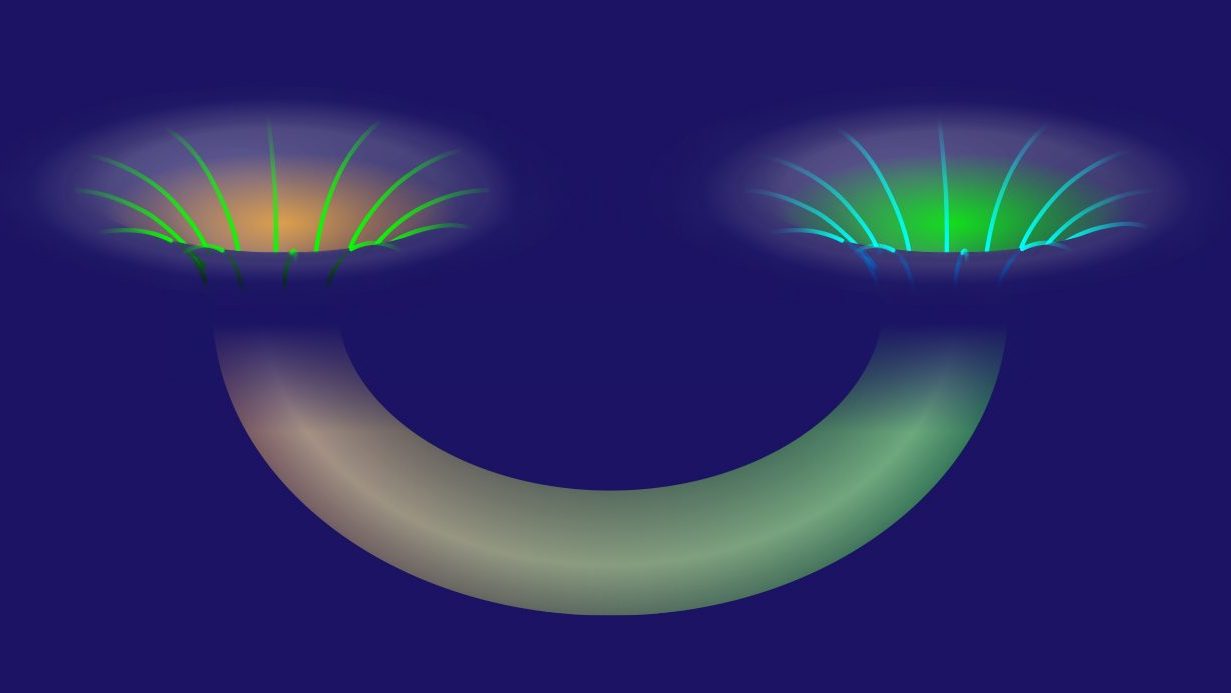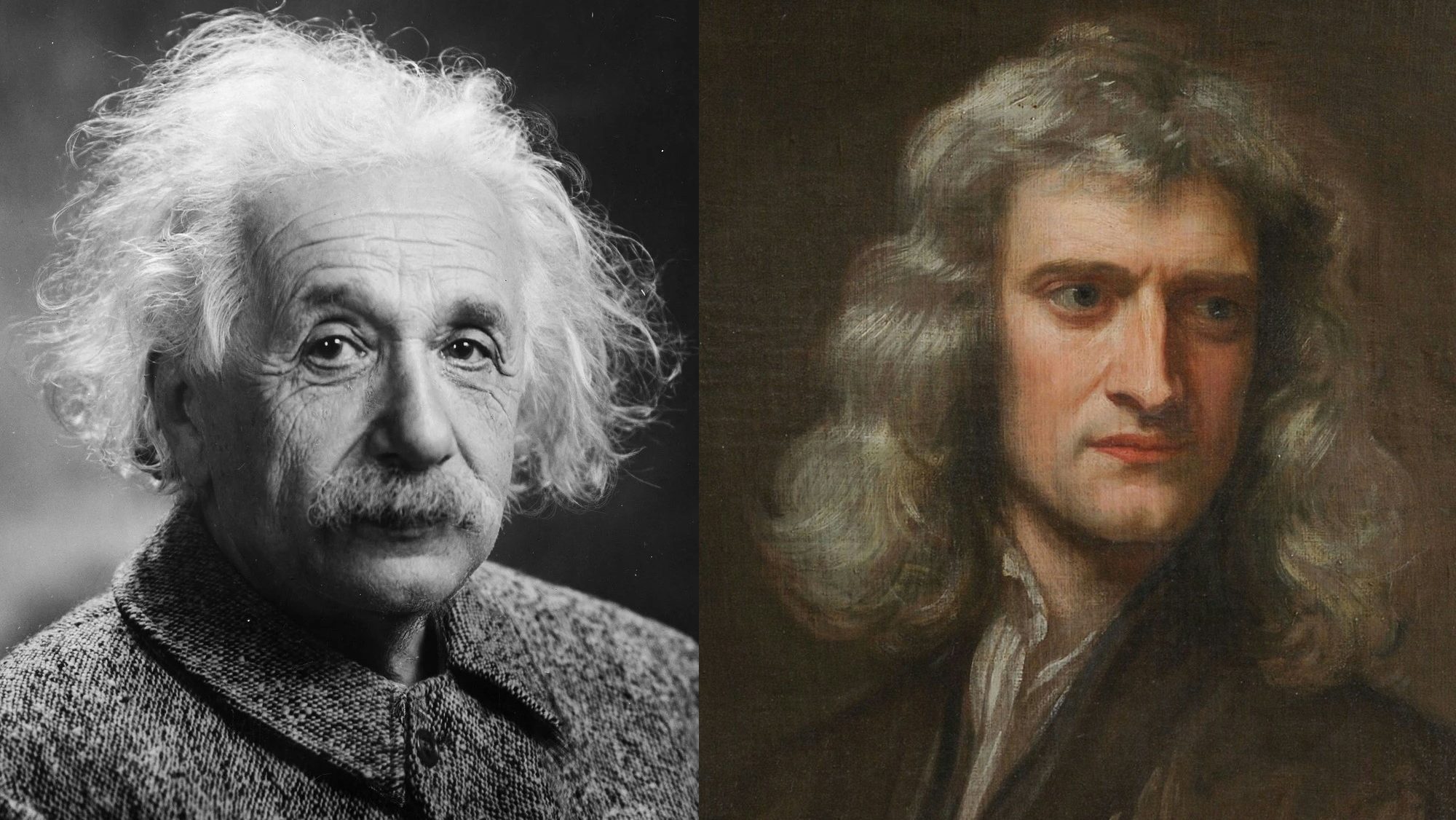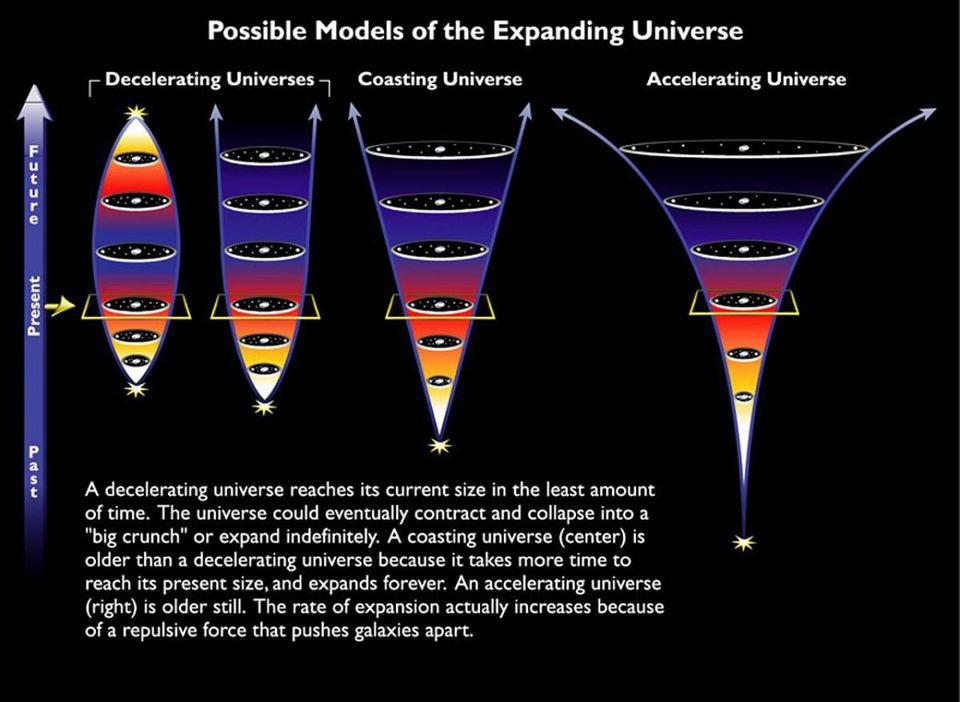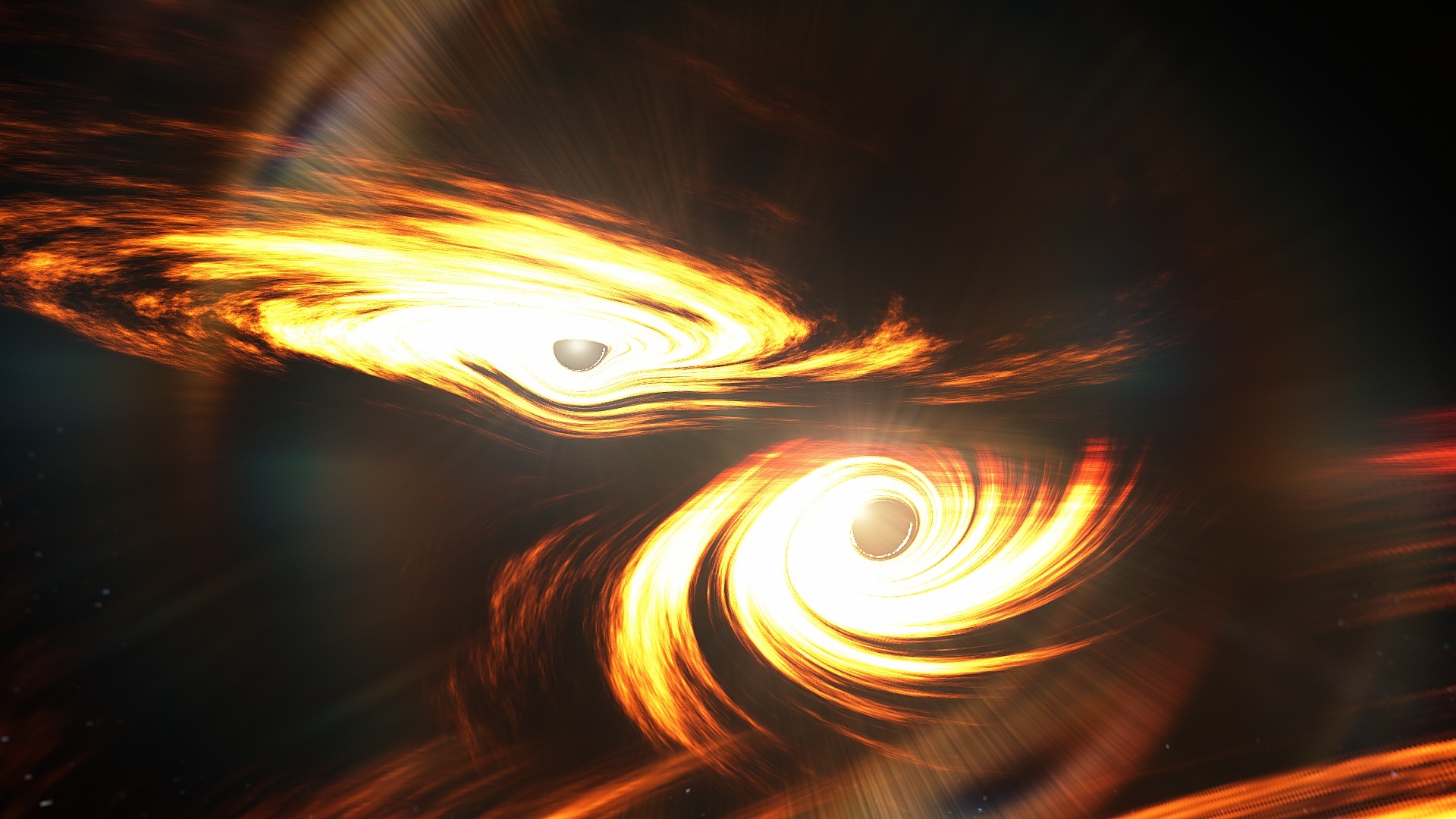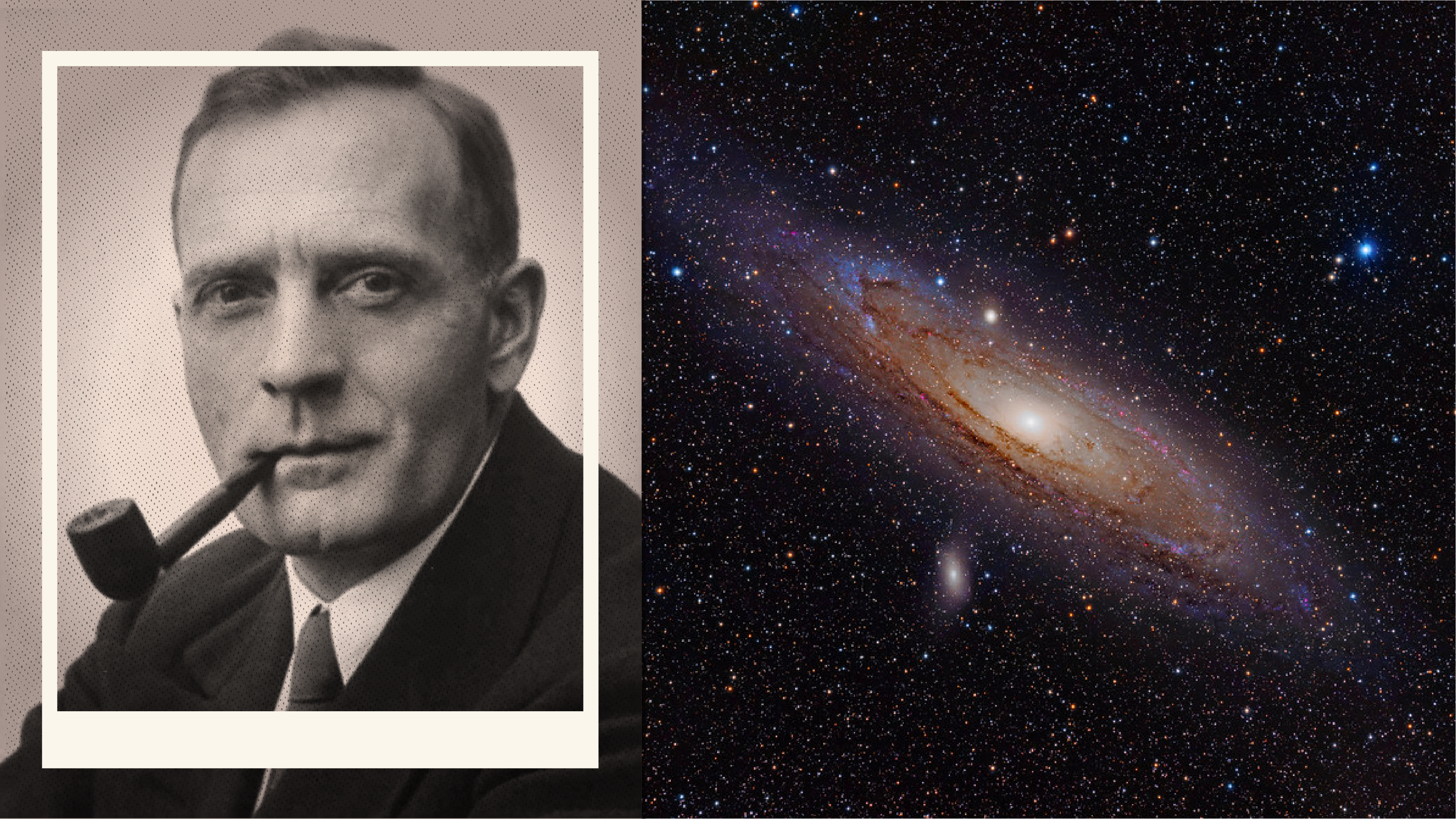Does Gravity Explain Physics’ Mysteries?
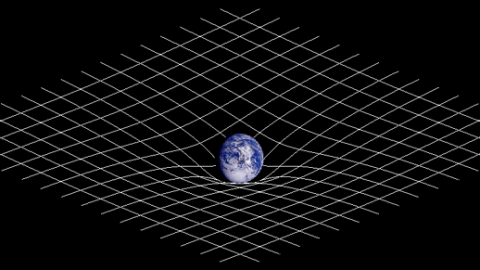
What’s the Latest Development?
A new theory about gravity has been put forth that could tie the loose ends of contemporary physics. Edmund Schluessel of Cardiff University says that large waves of gravity which disrupt the space-time grid could still be rippling through the universe billions of years after the big bang set them in motion. Those ripples could be strong but subtle enough to warp our observations of the universe while simultaneously keeping us from detecting the waves directly. If the waves affect the refraction of light, many of our current observations could be thrown into doubt.
What’s the Big Idea?
Schluessel’s hope is not to through us into more doubt but to resolve the apparent contradictions of contemporary physics. When physicists observed an expanding universe, for example, they were required to posit dark matter, yet this driving force of the cosmos has yet to be directly observed though it theoretically composes over 70 percent of everything we “know”. Recent observations have also suggested that the universe may be expanding faster in some regions than in others contradicting the long-held cosmological principle which states physical laws are constant across the universe.
